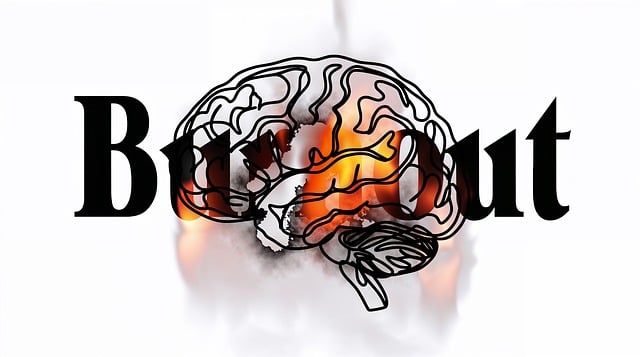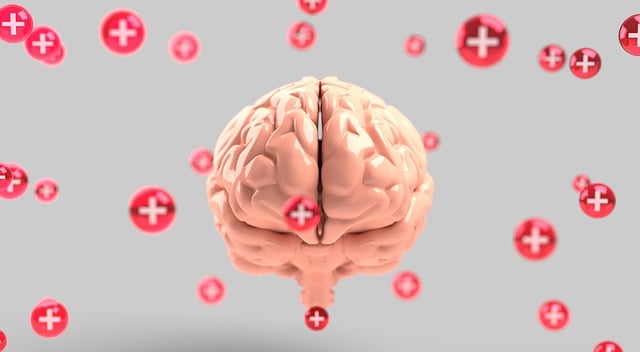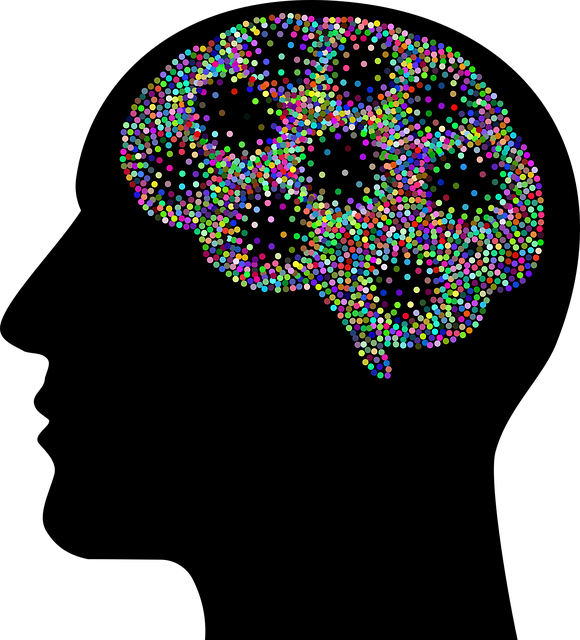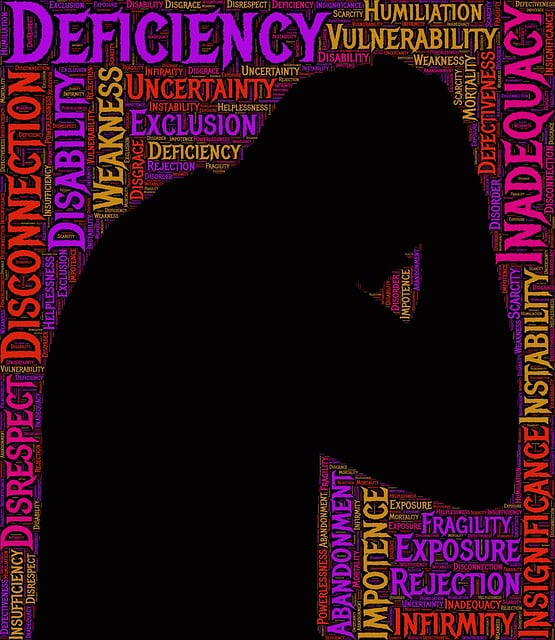Evaluating the impact of mental wellness programs like Littleton Drug Abuse-Substance Abuse Therapy involves a combination of quantitative and qualitative methods. This includes self-report surveys, direct observation, and clinical interviews to measure changes in mental health status over time. Qualitative feedback through in-depth interviews, focus groups, and surveys provides deep insights into participants' experiences, personal transformations, and the effectiveness of specific interventions. Longitudinal evaluation helps uncover trends and lasting effects, guiding tailored strategies for better outcomes. Stakeholder analysis, involving participants, families, community organizations, and healthcare professionals, offers a holistic view of program effectiveness, ensuring community-wide benefits and targeted services.
In the pursuit of enhancing mental wellness, evaluating program effectiveness is paramount. This article delves into diverse evaluation methods for mental health interventions, offering a comprehensive guide to assess impact and uncover insights. From direct measurement techniques to qualitative feedback, longitudinal studies, and stakeholder analysis, each approach provides unique perspectives. Specifically, we explore how these methods can be applied in the context of Littleton Drug Abuse-Substance Abuse Therapy, shedding light on multifaceted benefits and progress tracking.
- Assessing Program Impact: Direct Measurement Techniques for Mental Wellness Interventions
- Qualitative Feedback Methods: Uncovering Insights from Participants' Perspectives
- Longitudinal Evaluation: Tracking Progress and Identifying Trends in Mental Health Programs
- Stakeholder Analysis: Understanding the Multifaceted Benefits of Substance Abuse Therapy in Littleton
Assessing Program Impact: Direct Measurement Techniques for Mental Wellness Interventions

Evaluating the impact of mental wellness programs is a multifaceted process, and direct measurement techniques play a crucial role in understanding the effectiveness of interventions. These methods involve quantifying changes in individuals’ mental health status before and after participation in a program, such as Littleton Drug Abuse-Substance Abuse Therapy. Common approaches include self-report surveys, where participants assess their symptoms, mood, and overall well-being using validated scales. For instance, measures like the Depression Anxiety Stress Scales (DASS) can capture changes in stress reduction methods over time.
Additionally, direct observation and clinical interviews offer valuable insights into emotional healing processes and inner strength development. Therapists can assess clients’ progress by observing their behavior, engagement in therapeutic activities, and reported improvements in coping mechanisms. These techniques ensure a comprehensive evaluation of mental wellness programs, allowing for data-driven adjustments to better meet the diverse needs of participants.
Qualitative Feedback Methods: Uncovering Insights from Participants' Perspectives

Qualitative Feedback Methods offer a powerful tool for evaluating mental wellness programs, particularly when it comes to understanding participants’ experiences and perspectives. Through in-depth interviews, focus groups, or surveys, individuals who have undergone therapy can share their unique insights. This qualitative approach allows researchers to explore complex emotions, personal transformations, and the impact of specific interventions, such as those provided by Littleton Drug Abuse-Substance Abuse Therapy programs. By gathering these first-hand accounts, mental health professionals gain valuable knowledge about what works best for different individuals, including those from diverse backgrounds.
In the context of healthcare provider cultural competency training, this qualitative data is essential. It highlights the importance of cultural sensitivity in mental healthcare practice, ensuring that services are tailored to meet the needs of all clients. For instance, participants might share stories related to emotional regulation techniques that resonated with them, providing practical insights for improving therapy outcomes. This method ensures that program evaluations go beyond numbers and statistics, capturing the nuanced experiences that shape successful mental wellness interventions.
Longitudinal Evaluation: Tracking Progress and Identifying Trends in Mental Health Programs

Longitudinal evaluation is a powerful tool for understanding the impact and effectiveness of mental wellness programs, particularly in the context of substance abuse therapy like Littleton Drug Abuse-Substance Abuse Therapy. By tracking participants’ progress over an extended period, researchers and practitioners can identify trends, measure the long-term sustainability of interventions, and refine their approaches. This method allows for a deeper understanding of how various factors influence mental health outcomes, including the efficacy of different therapy types, the role of support systems, and personal growth.
For instance, longitudinal studies in depression prevention programs have shown that early intervention strategies can significantly reduce the risk of relapse, demonstrating the importance of continuous care. Similarly, stress reduction methods implemented in workplace settings have been found to improve overall well-being, providing valuable insights for mental health professionals. This long-term perspective also aids in identifying potential risks and protective factors, enabling more targeted interventions and better support for individuals navigating their mental health journeys.
Stakeholder Analysis: Understanding the Multifaceted Benefits of Substance Abuse Therapy in Littleton

In the context of mental wellness program evaluations, Stakeholder Analysis is a critical component that often gets overlooked. When implementing Substance Abuse Therapy in Littleton, understanding and engaging various stakeholders is paramount to measure the program’s effectiveness. These stakeholders include not only individuals directly enrolled in the therapy but also families, community organizations, and healthcare professionals. Each group brings unique perspectives and benefits derived from the program. For instance, Trauma Support Services can play a pivotal role in enhancing emotional healing processes for participants, while effective Communication Strategies facilitate better engagement and outcomes.
By considering these multifaceted aspects, the evaluation of Substance Abuse Therapy in Littleton becomes more holistic. It allows for a comprehensive understanding of how different elements of the program contribute to overall success. This approach ensures that the benefits extend beyond individual recovery, positively impacting the community at large. Such an analysis is essential in identifying areas for improvement and tailoring services to better meet the diverse needs of those seeking mental wellness support.
Evaluating mental wellness programs is essential for understanding their effectiveness and ensuring they meet the needs of participants, especially those seeking treatment for substance abuse in Littleton. By combining direct measurement techniques, qualitative feedback, longitudinal studies, and stakeholder analysis, we can gain a comprehensive view of program impact. These evaluation methods provide insights into both short-term improvements and long-term trends, allowing for data-driven improvements to mental health support in Littleton Drug Abuse-Substance Abuse Therapy services.














